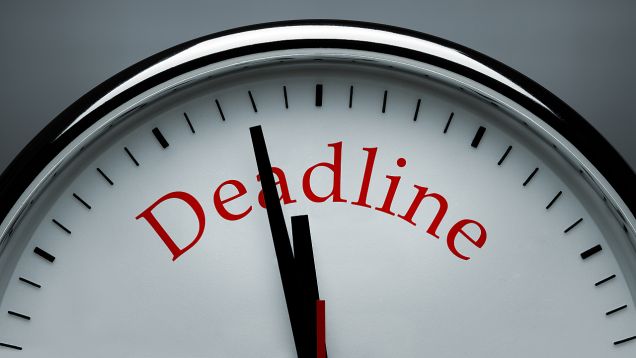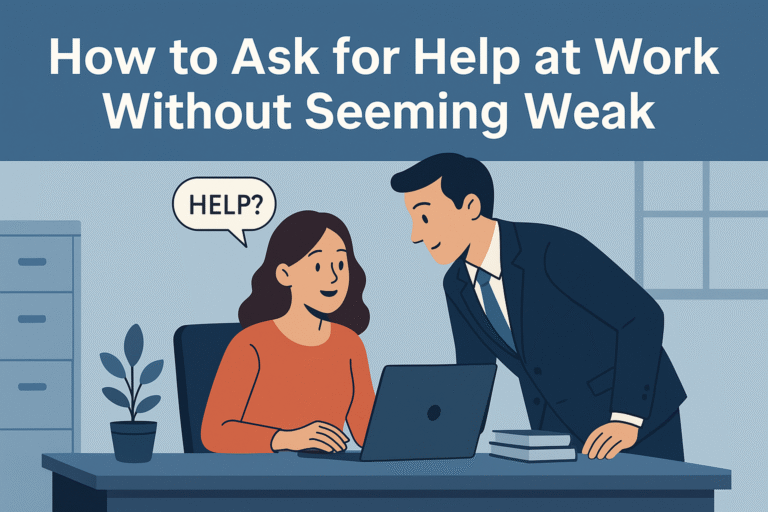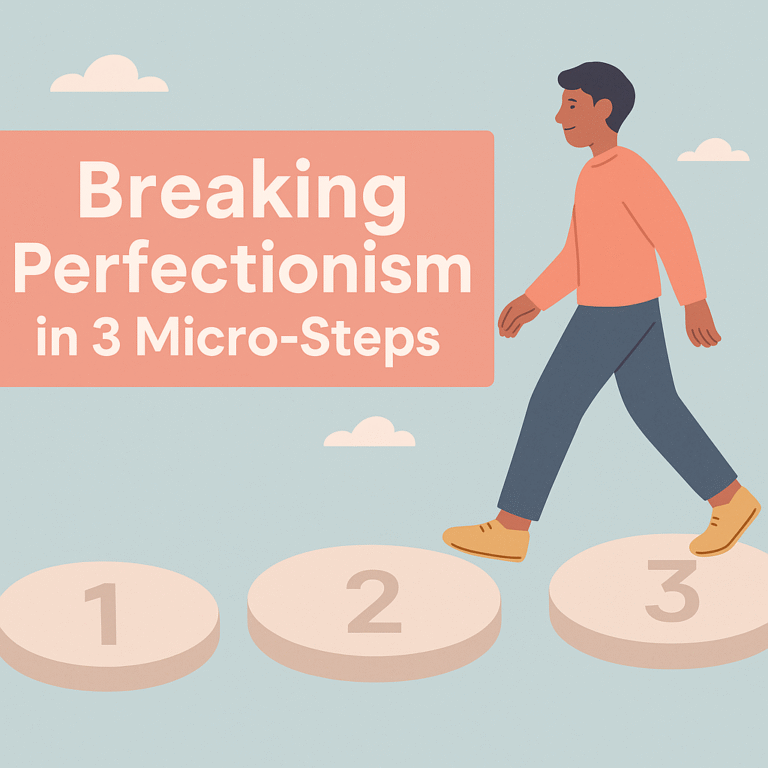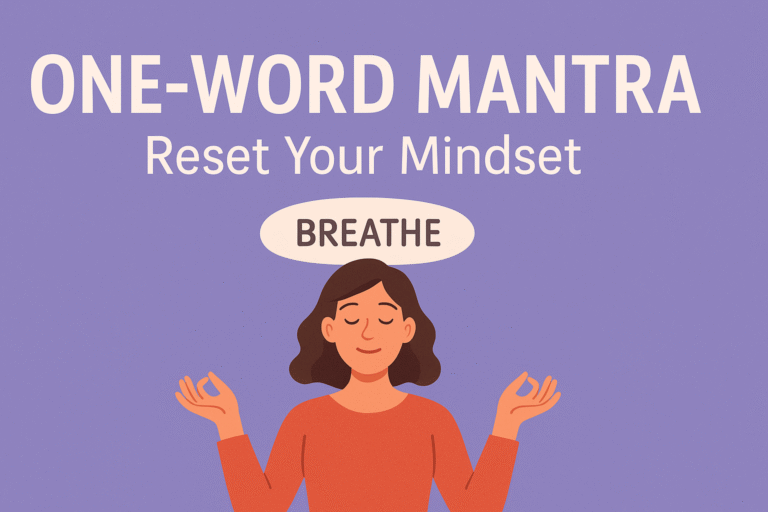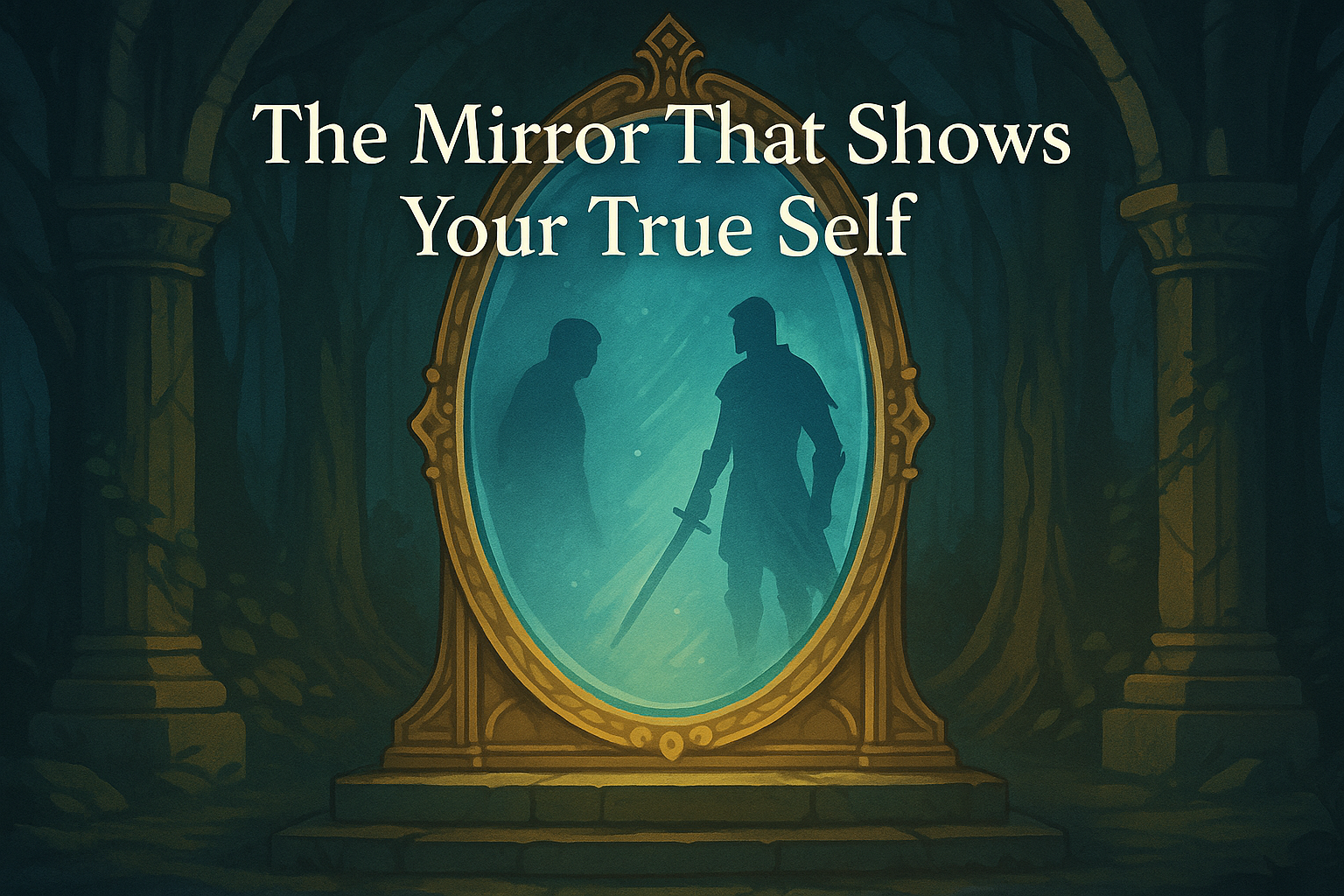From Delay to Discipline: How to Stop Procrastination and Boost Productivity
Hello, my friend! Thank you for choosing Read And Reflect
Introduction
In this fast-paced world, many people have forgotten the importance of doing the right thing at the right time. Most begin their tasks only at the last minute. But have you ever wondered—is that a good habit?
Procrastinating on your responsibilities can silently kill your future happiness. If you want to succeed in life, doing things at the right time is essential.
Let’s dive into what procrastination really is, the dangers it brings, and how you can overcome it to build a more intentional, successful life.
What is Procrastination?
Procrastination is the act of delaying or postponing tasks or decisions, often unnecessarily. It’s when you know there’s something important you should be doing, but instead, you choose something easier or more enjoyable—even if it causes stress later.
Simple Example:
You have an exam next week, but instead of studying, you binge-watch Netflix thinking, “I’ll start tomorrow.” That’s procrastination.
Negative Sides of Procrastination
While it may seem harmless in the moment, procrastination can hurt you in many ways, especially over time:
- Increased Stress and Anxiety
Deadlines creep up and pressure builds, leading to mental exhaustion. - Poor Performance
Last-minute work usually means rushed results and more mistakes. - Missed Opportunities
Delaying decisions could cost you valuable chances—whether it’s a promotion, a project, or personal growth. - Damage to Reputation
If you’re seen as unreliable, it affects how others trust and value your work. - Lowered Self-Esteem
Repeated procrastination can leave you feeling guilty, stuck, and disappointed in yourself. - Health Issues
Stress caused by constant delay can impact sleep, eating habits, and even physical health. - Goal Paralysis
When procrastination becomes a habit, dreams remain dreams. You never take consistent action toward achieving them.
Plan Your Day Intentionally
Being intentionally conscious about your day is a powerful way to beat procrastination and boost productivity. When you take a few moments each day to decide what you want to accomplish, you reduce the chance of distractions and wasted time.
How to Plan Your Day
You don’t need a fancy app or tool. A simple pen and paper will do the job.
- Write down the key tasks you want to complete.
- At the end of the day, check what’s done, what’s missing, and why.
- Reflect on how you can improve the next day.
- Repeat this cycle until you complete your goals.
Even with a full to-do list, never forget these three powerful words that define productivity:
The Key to Productivity: Focus. Consistency. Impact.
Focus
The ability to concentrate deeply on one task is rare and powerful. It helps you finish faster and better. Without focus, multitasking or distractions can derail your progress.
Consistency
Small daily efforts matter more than bursts of energy. Consistency builds habits, and habits shape success.
Impact
Not all tasks are equal. Focus on tasks that bring real results. Ask yourself: Is this moving me closer to my goal?
How to Develop Laser-Sharp Focus (Inspired by Dopamine Detox by Thibaut Meurisse)
Here are 5 practical steps to train your brain to focus better:
- Limit Instant Gratification
Reduce exposure to things that give you quick dopamine hits (like social media, junk food, or excessive entertainment). It helps your brain crave deeper, long-term rewards instead. - Do Nothing for a While
Sit quietly for 10–15 minutes without stimulation. This resets your mind and helps your brain stop seeking constant entertainment. - Set Clear Goals
Define exactly what you want to work on. A clear goal gives your brain a reason to focus. - Work in Time Blocks
Use the Pomodoro technique (25 minutes of focused work, 5-minute break). It trains your attention span over time. - Practice Single-Tasking
Focus on one task at a time. This improves efficiency and reduces mental fatigue.
A Quick Stat to Remember:
According to a study by the American Psychological Association, 20% of adults identify themselves as chronic procrastinators, and over 75% admit to procrastinating occasionally.
You’re not alone—but you can rise above it.
Explore More Lessons
- The Mirror That Sees Your Strengths and Fears: A Magical Parable + 5 Insights
- When Doubt Strikes: How One Person Found Courage in a Crucial Moment
- Use Smoke Screens to Distract While You Take Action
Conclusion
Procrastination is more than just a bad habit—it’s a barrier to your goals, peace of mind, and long-term happiness. But the good news is, with a clear plan, intentional action, and laser focus, you can break free from the cycle.
Start with small steps. Choose one meaningful task today—and just begin. That one step could change everything.
Quote to Reflect On:
“You may delay, but time will not.” — Benjamin Franklin
Discover more from ReadAndReflect
Subscribe to get the latest posts sent to your email.

